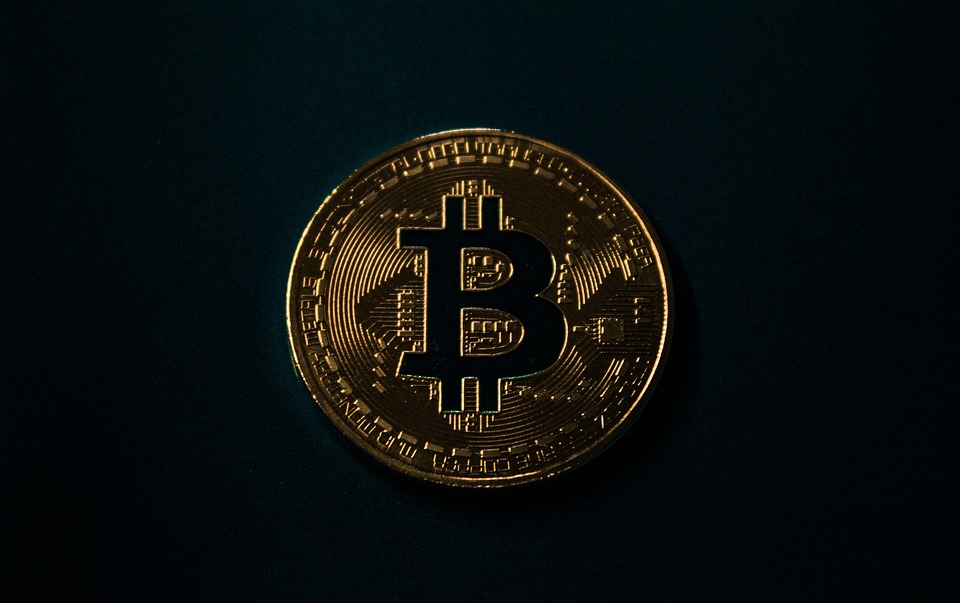Maximizing Your Bitcoin Safety: Tools and Techniques for Investors
As the world of cryptocurrencies continues to evolve, Bitcoin remains at the forefront, captivating investors with its potential for high returns. However, with great opportunity comes significant risk, particularly concerning security and safety. Bitcoin, being a digital asset, is exposed to various vulnerabilities, including hacking, scams, and accidental loss. Thus, maximizing your Bitcoin safety is paramount for any investor.
In this article, we’ll explore essential tools and techniques that can help you secure your Bitcoin investments, ensuring that you can enjoy the benefits of this revolutionary currency without falling victim to the pitfalls that can jeopardize your assets.
1. Use a Secure Wallet
The first step in safeguarding your Bitcoin is to choose the right wallet. There are several types of wallets available, and each comes with its unique benefits and security features:
-
Hardware Wallets: These are physical devices that store your Bitcoin offline. Hardware wallets like Ledger Nano S, Trezor, and BitBox offer a high level of security against online threats. They keep your private keys offline, making it nearly impossible for hackers to access your funds.
-
Software Wallets: While more convenient than hardware wallets, software wallets (both mobile and desktop) still pose risks, especially when connected to the internet. If you choose a software wallet, ensure it supports two-factor authentication (2FA) and has a strong reputation for security.
- Paper Wallets: For those seeking maximum security, a paper wallet (printing your private keys and addresses on paper) is an option. However, you must keep this paper secure and protected from physical hazards.
2. Enable Two-Factor Authentication (2FA)
Two-factor authentication is an essential step for fortifying the security of your Bitcoin wallet and exchange accounts. By requiring a second piece of evidence to verify your identity (typically a code sent to your smartphone or generated by an authenticator app), 2FA makes it much harder for unauthorized users to access your accounts, even if they have your password.
3. Diversify Your Investments
While Bitcoin has proven to be a formidable asset, putting all your eggs in one basket can be risky. Diversifying your investments into other cryptocurrencies, stocks, or traditional investments can mitigate the risks associated with Bitcoin. By spreading out your assets, you can protect yourself against market fluctuations and potential losses in any single investment.
4. Keep Software Up to Date
Keeping your wallet software and any associated applications updated is crucial in maintaining security. Developers regularly release updates to fix vulnerabilities and enhance functionality. Ignoring updates can leave you exposed to known security issues. Always ensure that you are using the latest version of your wallet software.
5. Be Aware of Phishing Scams
Phishing attacks remain one of the most common methods cybercriminals use to steal cryptocurrencies. Always be cautious of unsolicited emails or messages, especially those asking for your wallet credentials or private keys. Double-check website URLs and only enter your information on verified and secured platforms. Utilize bookmarks for critical sites to avoid inadvertently visiting fraudulent websites.
6. Regularly Back Up Your Wallet
Backing up your wallet is essential to ensure that you can recover your assets in case of technical failure or loss of access. Most wallets offer options to create a backup. Store this backup in a safe location—preferably offline. Remember, anyone with access to your backup can access your funds, so keep this information secure.
7. Practice Safe Internet Hygiene
Your online behavior plays a significant role in your overall Bitcoin safety. Here are a few best practices:
-
Use a VPN: When engaging with your Bitcoin wallet or trading platforms, consider using a Virtual Private Network (VPN) to protect your internet connection from potential eavesdroppers.
-
Avoid Public Wi-Fi: Public Wi-Fi networks can be breeding grounds for hackers. If you must use public Wi-Fi, ensure you’re connected through a VPN.
- Strong, Unique Passwords: Use strong, unique passwords for your wallet and exchange accounts. Consider utilizing a password manager to create and store secure passwords.
8. Stay Informed and Educated
The cryptocurrency landscape is constantly changing, with new threats and technologies emerging frequently. Staying informed about the latest security practices, potential scams, and updates in the Bitcoin ecosystem is an essential strategy for maintaining your investment safety. Participate in forums, read reputable cryptocurrency news sources, and consider attending webinars or seminars focused on crypto safety.
Conclusion
Maximizing your Bitcoin safety requires a combination of the right tools, awareness, and proactive strategies. By utilizing secure wallets, enabling two-factor authentication, practicing safe internet habits, and regularly staying updated with security practices, you can significantly reduce the risks associated with Bitcoin investing. Ultimately, the goal is to protect your investments while enjoying the financial opportunities that Bitcoin has to offer. Stay vigilant, stay informed, and secure your journey into the world of cryptocurrency.


